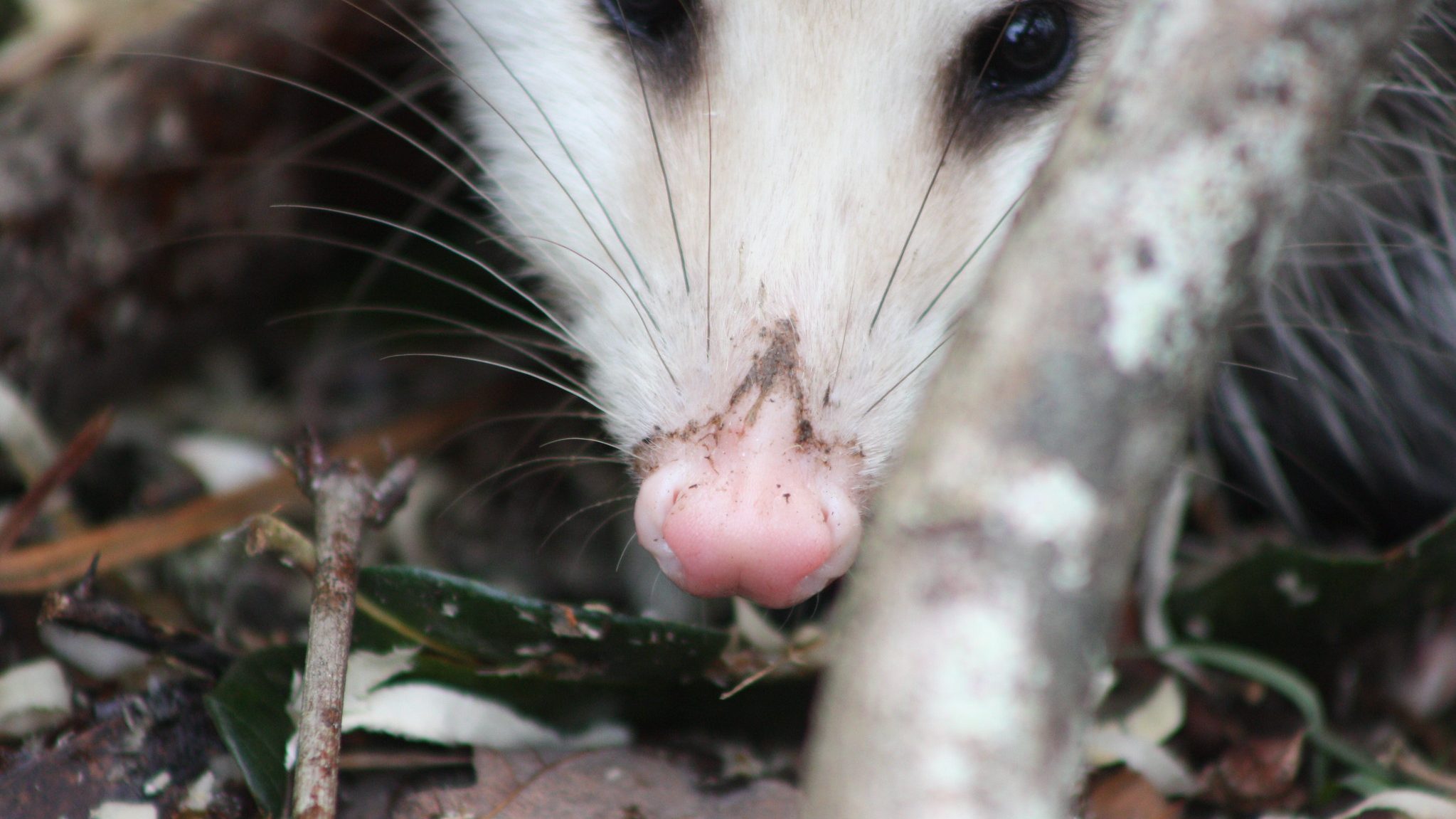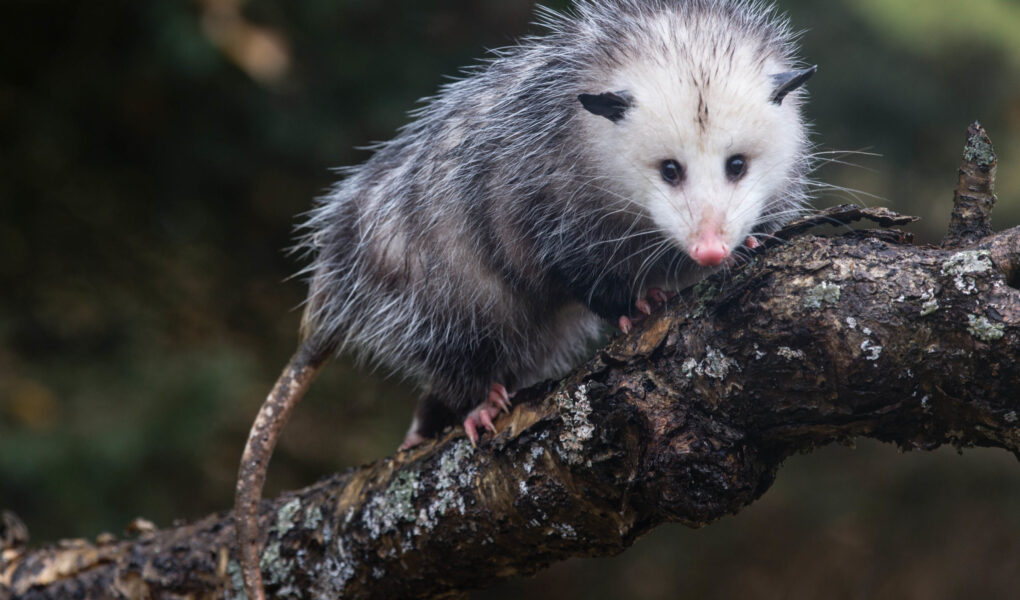Possums have been a source of fascination throughout the centuries, and their presence in mythology and folklore around the world is evidence of this. From Native American stories to Asian legends, possums often appear as tricksters who use their cunning to escape danger or solve problems.
Interestingly, they also sometimes serve as keepers of secrets or talismans that bring good luck. In some cultures, possums are even seen as symbols of fertility and abundance. Regardless of how they’re depicted in mythologies around the globe, it’s clear that possums have captured people’s imaginations for generations and will continue to do so for many years to come.
If you’re curious about what opossums eat or dealing with an opossum problem, On Demand Pest Control has you covered? Their blog offers informative articles on a wide range of pest-related topics, including \”What Do Opossums Eat?\” Click Here to check out their website.
1. Possums in Native American Mythology

Possums have been a part of mythology and folklore around the world for centuries. In Native American mythology, possums are associated with wisdom and resourcefulness. According to Cherokee legend, Possum was one of the original animals created by the Creator.
He is credited with helping humans survive tough times through his knowledge and skills as an expert hunter and gatherer. In addition to being viewed as wise animals, Possums were also believed to possess supernatural powers that could be used for healing purposes or even protection from evil forces in some cases. The Cherokee also respected possums for their ability to remain calm in stressful situations, suggesting a positive trait that should be emulated by humans too.
2. Possums in Australian Aboriginal Culture
Possums have been a part of mythology and folklore around the world for centuries. In Australia, the Australian Aboriginal Culture has a special relationship with possums that are deeply rooted in their culture and history. Possums are seen as symbols of strength and wisdom, often associated with the Rainbow Serpent or other spiritual entities. The Aboriginals believe that possums hold knowledge about the past, present, and future; they also represent fertility and abundance.
Possum fur was commonly used to make clothing such as cloaks or blankets which would be decorated with sacred symbols to indicate status within a clan group. This tradition continues today in many parts of Australia where traditional Aboriginal people still celebrate cultural events by wearing possum-skin clothing or decorating objects with possum fur or feathers.
3. Possums in African Folklore

Possums have been a part of mythology and folklore around the world since ancient times. In African folklore, possums are often seen as symbols of wisdom or luck. They are believed to be able to help with healing and protection, and they can even bring good fortune.
Possums are also associated with fertility in some African cultures, as they produce large litters of young each year. Furthermore, it is said that if you eat a possum’s heart you will receive strength and courage in battle or an important task at hand. Finally, because these animals spend much time in trees, they can also represent guidance on journeys through life’s unknown paths.
4. Possums in Asian Myths and Legends
In Asia, possums are featured in many myths and legends. In China, the moon is said to be inhabited by a family of possums who live in harmony with each other and help the gods keep order. In Japan, there is a myth that tells the story of how two possums saved an entire village from famine by bringing food down from the heavens.
In India, there is a legend about a wise old possum who taught humans valuable lessons about life and kindness. Possums also appear in Korean mythology as helpful animals that can bring good luck or ward off evil spirits. All these stories highlight the important role that possums have played in Asian culture for centuries and demonstrate their significance in folklore around the world.
5. Possums in European Tales and Traditions

Possums have long been featured in mythology and folklore around the world, particularly in European tales and traditions. In some cultures, possums are seen as symbols of fertility or good luck. The Celts believed that possums were a symbol of abundance and prosperity, while other cultures saw them as messengers from the underworld. Possums also frequently appear in stories about shape-shifting witches or wizards who use their magical powers to transform into animals for various reasons.
They are often cast as tricksters in these stories, using their cunning nature to outwit their enemies. This theme is found across many different countries throughout Europe, including Ireland, Scotland, England, and Wales.
Conclusion
Possums have been a part of many cultures and mythologies around the world for centuries. From the Australian Aborigines to Native Americans in North America, possums have played an important role in their stories and beliefs.
While possums are often seen as pests today, it’s important to remember that they once held an elder status among these cultures due to their intelligence and spirit within nature. It is this respect that has kept the tales of these furry creatures alive throughout history, ensuring that future generations can appreciate them just as much as we do.




